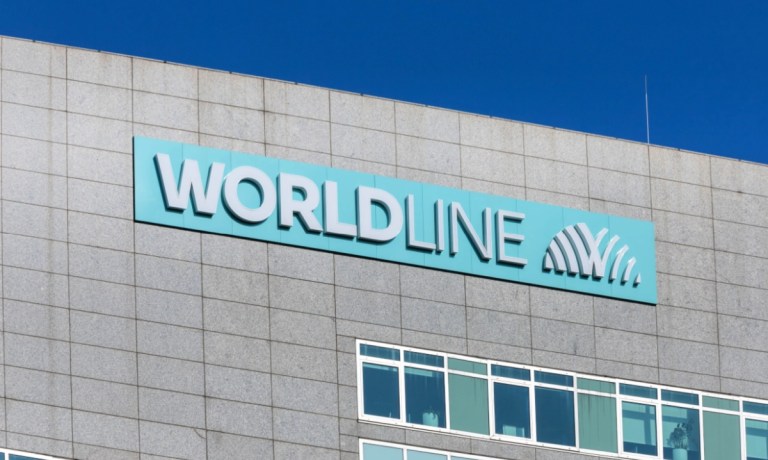Worldline Rumored to Acquire Credem’s Merchant Payment Services

Italian bank Credem has reportedly chosen Worldline as the preferred bidder for its merchants’ payments business.
That’s according to a report Tuesday (June 4) by Reuters, which notes that this is the latest in a series of sales of banks’ “merchant books,” which banks have been unloading as technological advancements require new investments.
Reuters said this deal — like others of the same stripe in Europe — put Worldline up against Italian payments firm Nexi, which already partners with Credem, and is the biggest payments group in Europe in terms of volume of transactions processed.
Sources told the news outlet that Worldline outbid Nexi by valuing Credem’s business at up to around $131 million, when factoring in deferred payments based on set conditions, giving a double-digit multiple to core profit.
Last week saw reports that Nexi and fellow payment service providers Adyen and Stripe were allowing merchants in Italy to process payments using their iPhones. Nexi had already been giving business owners this option through the NexiSoftPOS application, though its app only worked on Android operating systems.
With merchants now able to process payments using their smartphones, they can save on hardware costs by not having to pay for additional equipment, Reuters noted at the time.
Instant payments will “improve the quality and speed of commerce and the overall cash flow of one half of our economy” as smaller firms benefit, Enigma Technologies Co-founder and CEO Hicham Oudghiri said in an interview with PYMNTS late last year.
By leveraging the opportunities that real-time payments offer, smaller merchants can achieve new levels of working capital efficiency and drive greater customer satisfaction, PYMNTS noted recently as it examined the impact of faster payments on small businesses.
As research by PYMNTS Intelligence has found, smaller businesses tend to face a greater uncertainty around payments. Faster payments provide more certainty than traditional, delay-filled payment practices that often plague small business owners.
Beyond that, brick-and-mortar businesses are at higher risk of closure compared to companies that rely on an omnichannel strategy or that mainly use eCommerce channels, PYMNTS Intelligence has found.
Meanwhile, Worldline recently teamed with Visa to launch a virtual card-issuing solution focused on the online travel agency (OTA) market. As PYMNTS wrote last month, this collaboration marks Worldline’s entry into direct card issuance.